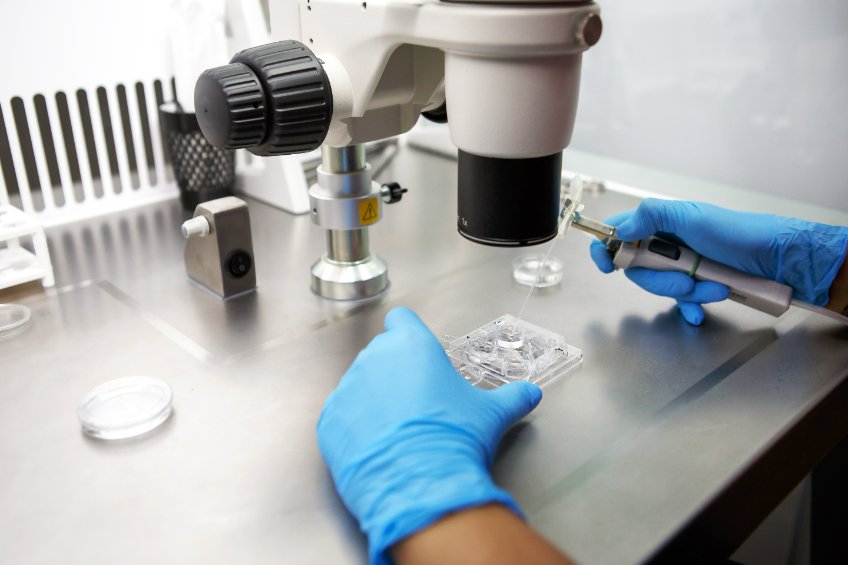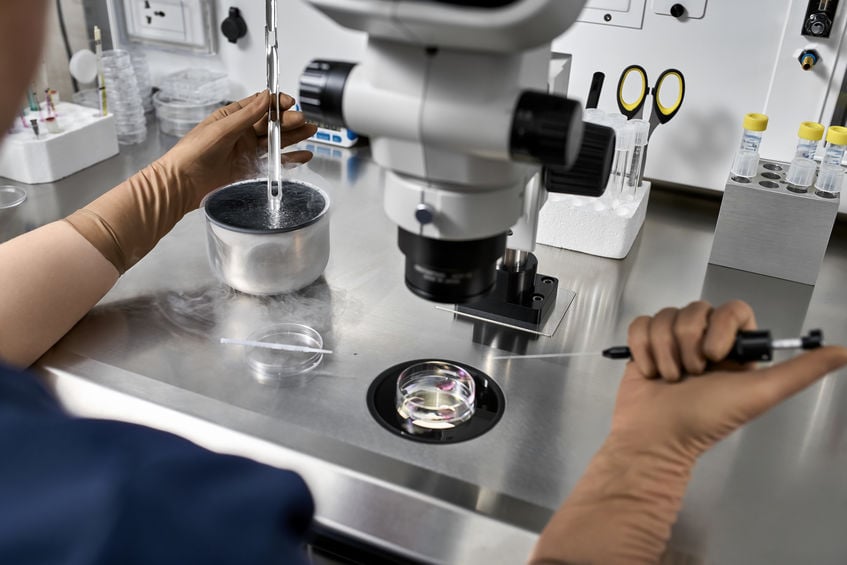Can You Improve IVF Success Rates?
In vitro fertilization (IVF) is one of the most significant medical advancements in the reproductive space. The procedure has helped thousands of infertile couples start or grow a family. Statistics show that IVF has a success rate of over 50% for women under 35. However, despite the success of IVF, the procedure results aren’t always cut-and-dried. Some couples need multiple IVF cycles, and others still are unsuccessful. To improve these success rates, the fertility team may recommend preimplantation genetic testing (PGT). Will PGT end up a necessity for IVF in the future?

What is preimplantation genetic testing?
A successful IVF cycle needs a healthy, mature embryo created from sperm and egg material extracted from the couple. Preimplantation genetic testing is a screening process that happens before embryo transfer. The test scans for congenital abnormalities that may impact the success of IVF. During the embryo’s maturation phase, a lab technician performs a biopsy. The cells are then examined under a microscope to look for possible issues with DNA.
Scanning for abnormal chromosomes
PGT is often used interchangeably with preimplantation genetic diagnosis (PGD) and screening (PGS). However, PGT covers the functions of both procedures. The team will first conduct PGT for aneuploidy. This process ensures that there are 23 pairs of chromosomes available. An unequal number of chromosomes can lead to miscarriage or failed embryo response. Extra chromosomes cause conditions like Down syndrome or Turner syndrome. This test is crucial if the couple has a genetic history of these conditions.
Identifying diseases
Some parents have gene mutations that can impact the future of the child. In some cases, one parent is already suffering from a disease that could be inherited. Therefore, PGT also looks for DNA sequences that mimic potential conditions. Some of these include sickle cell anemia, Fragile-X syndrome, cystic fibrosis, and much more. Furthermore, if there is a history of miscarriage, DNA may possess structural issues that would not lead to live birth.
What are the next steps?
The data gathered from PGT can be instrumental in the success of IVF. For instance, the fertility team can select embryos with the highest possibility of success. The future parents can also reduce the chances of the child developing a lifelong disease. In both cases, the success rates of live birth are significantly higher. More importantly, PGT can give insight into why a patient has repeated miscarriages. If needed, the couple can decide on donor sperm or surrogacy.
Will PGT become the norm?
Is preimplantation genetic testing necessary? IVF has made significant strides without PGT. The step is unnecessary if a patient is healthy and has no known history of genetic diseases. The goal of PGT is to increase the chances of success. Therefore, the procedure should be the norm for those with a known genetic condition or experiencing multiple failed IVF cycles. Older couples may benefit from PGT as the possibility of genetic abnormalities increase with age. For now, PGT is only used as needed, but the extra step may be the norm in the future.





